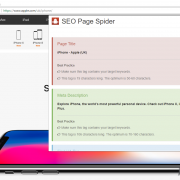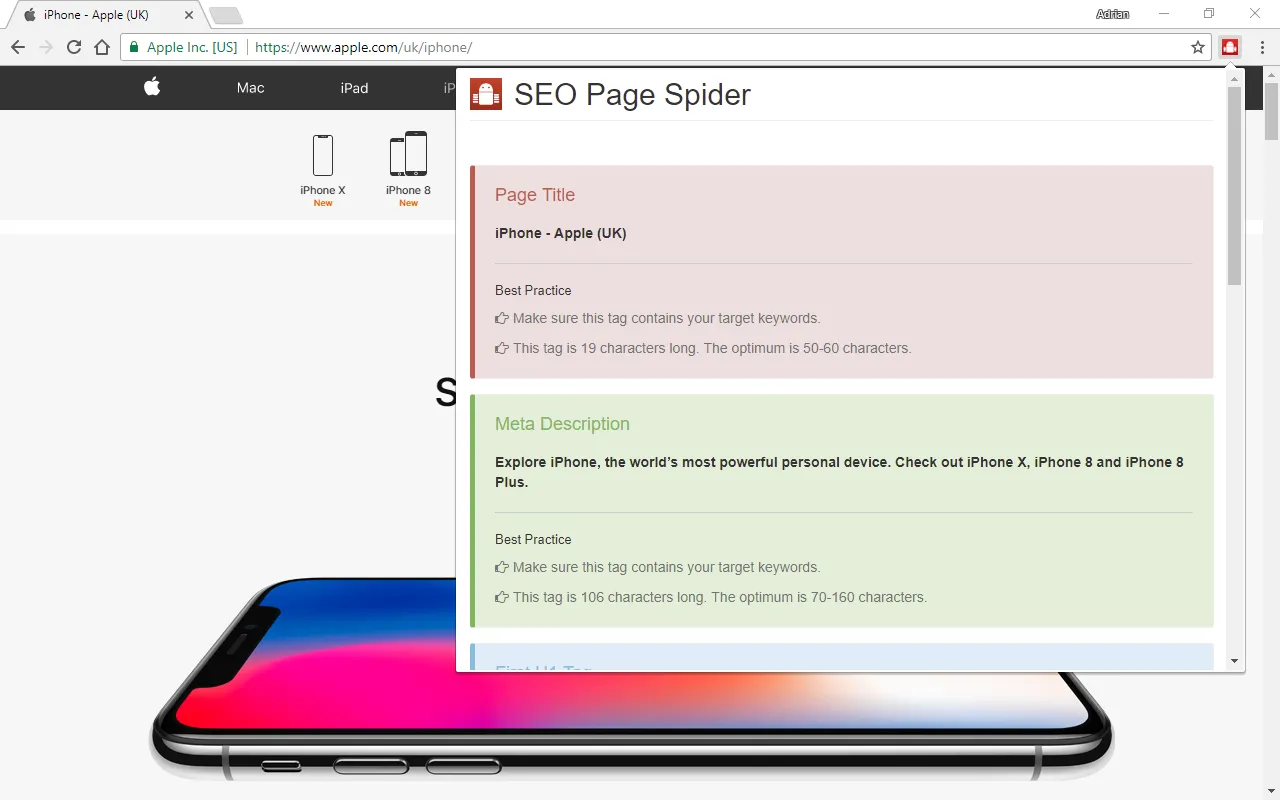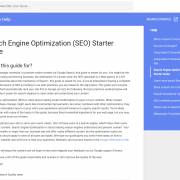In theory guest blogging is a great way to build free content for SEO. However, spammers have recently started using it to build back-links.
Here is a real example.
I was recently forwarded an email from a client who specialises in pensions. In it the lady said that she had read a certain article on our blog and that it had really resonated with her. She went on to describe how her mum had been left destitute after retiring and that she had struggled to find a way to support her. It went on at some length and was really well written and convincing. She said that she was so passionate about the subject that she, a trained journalist, had decided to dedicate her life to spreading the message through guest blogging and that she thought our company blog would be an ideal platform. It wasn’t until you got to the end that you realised that it was from a person based in the US who was quoting US federal laws. Not something that is relevant to a UK business who is governed by the FSA.
In this article entitled A reminder about links in large-scale article campaigns, Google states that:
Lately we’ve seen an increase in spammy links contained in articles referred to as contributor posts, guest posts, partner posts, or syndicated posts. These articles are generally written by or in the name of one website, and published on a different one.
Personally, I don’t use guest authors. I find the process too difficult to manage. But, if you can be sure that their articles will be unique, and won’t be featured on any other website, then it can be a great way to build content.








